Navigating the logistics of importing goods from China to Malaysia can be a complex endeavor filled with numerous shipping options and considerations. With Malaysia being a vital trading partner in Southeast Asia, understanding the various shipping methods—such as air freight and sea freight—is crucial for making informed decisions that impact your supply chain. This guide aims to provide a comprehensive overview of these shipping methods, the factors influencing costs, and practical tips for optimizing your logistics strategy. Whether you’re a seasoned importer or new to the process, mastering these elements can lead to more efficient and cost-effective shipping
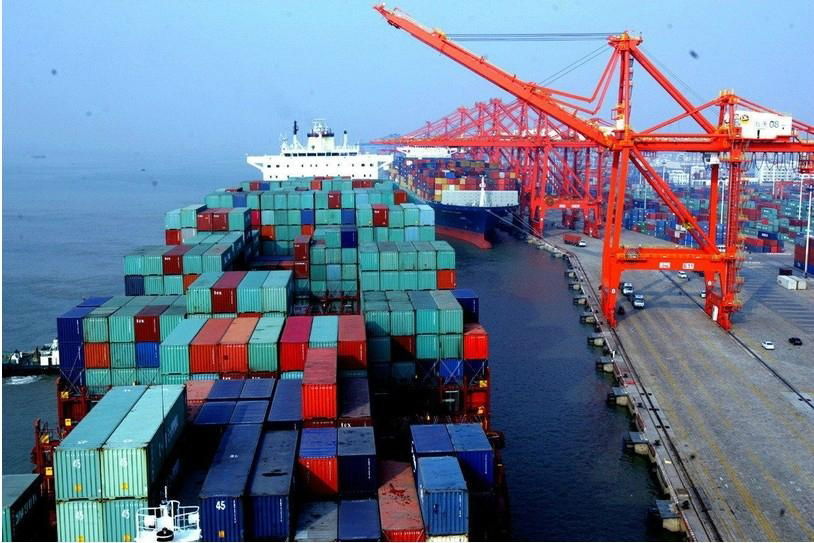
Understanding Shipping Options from China to Malaysia
When navigating the logistics of importing goods from China, understanding your shipping options is paramount. Malaysia, a key trading partner in Southeast Asia, offers various shipping methods that can significantly influence your overall logistics strategy.
Overview of Shipping Methods: Air vs. Sea Freight
Air Freight
Air freight is often chosen for its speed. Deliveries via air can reach Malaysia within a few days, making it suitable for goods that are time-sensitive or perishable. The costs associated with air freight are generally higher compared to sea freight, but this method is ideal for smaller shipments or high-value items.
Advantages of Air Freight:
- Speed: Typically, air freight can deliver goods from China to Malaysia within 3-7 days.
- Reliability: Airlines have fixed schedules, which can result in more predictable delivery times.
- Safety: Air freight tends to have lower damage rates compared to sea freight due to less handling.
Disadvantages of Air Freight:
- Cost: Air freight is often significantly more expensive than sea freight, which could impact the profitability of lower-value goods.
- Weight Limitations: Airlines impose strict weight limits for cargo, making it less suitable for larger shipments.
Sea Freight
Sea freight is the most common method for shipping large quantities of goods internationally, especially when shipping from China to Malaysia. This method is cost-effective for bulk shipments but does come with longer transit times.
Advantages of Sea Freight:
- Cost-Effective: Ideal for large shipments, sea freight generally offers lower rates per weight unit compared to air freight.
- Capacity: Ships can accommodate a vast array of goods, including oversized items that cannot be transported via air.
- Eco-Friendly: Sea freight has a smaller carbon footprint compared to air freight.
Disadvantages of Sea Freight:
- Longer Transit Times: Shipping goods via sea can take anywhere from 10 to 30 days depending on the route and various factors.
- Weather Dependencies: Shipping schedules can be affected by weather conditions, potentially causing delays.
Key Factors Influencing Shipping Costs
Several factors determine the shipping costs when transporting goods from China to Malaysia. Understanding these elements helps in budgeting accurately and making informed decisions about your shipping strategy.
- Distance: The distance between the port of origin in China and the destination port in Malaysia directly affects shipping costs.
- Freight Method: As highlighted, the choice between air and sea freight has significant implications for overall expenses.
- Weight and Volume: The total weight and volume of the cargo are key determinants of shipping costs. Freight rates are typically calculated based on either the actual weight or dimensional weight—whichever is greater.
- Insurance: Opting for Insurance Services to protect your investment can add to shipping costs but offers peace of mind, especially for high-value items.
- Customs Clearance: Fees associated with Customs Clearance and any potential tariffs or duties also factor into overall shipping costs. Engaging a reliable freight forwarder, like Dantful International Logistics, can streamline this process.
- Seasonality: Peak seasons, such as holidays and festivals, can cause fluctuations in shipping rates due to heightened demand.
Shipping Costs: A Detailed Breakdown
Understanding the specifics of shipping costs is crucial for effective budget management when importing goods from China to Malaysia.
Average Shipping Costs for Air Freight
The average cost of air freight from China to Malaysia can range significantly based on several criteria, including the weight of the shipment and the specific airport of origin.
| Weight (kg) | Average Cost (USD) |
|---|---|
| 0-50 | $5.00 – $10.00 per kg |
| 51-100 | $4.50 – $8.00 per kg |
| 101-500 | $3.50 – $6.00 per kg |
| 501+ | $3.00 – $5.00 per kg |
These estimates can vary based on the current market rates and airline policies.
Average Shipping Costs for Sea Freight
Sea freight costs are generally calculated based on container sizes. Here’s a breakdown of average shipping costs:
| Container Size | Average Cost (USD) |
|---|---|
| 20-Foot | $1,500 – $3,000 |
| 40-Foot | $2,500 – $4,500 |
Note that these figures can fluctuate based on fuel prices and shipping line rates.
Hidden Fees and Additional Charges
While the above figures represent standard shipping costs, several hidden fees and additional charges can impact the final price. It’s essential to account for these potential expenses:
- Port Fees: Charges for using port facilities can vary widely.
- Handling Fees: Costs associated with loading and unloading cargo can add up.
- Documentation Fees: Charges for preparing necessary shipping documents may be incurred.
- Customs Duties and Taxes: Duties imposed by Malaysian customs on imported goods need to be considered.
- Warehouse Services: If storage is required at either origin or destination, additional warehouse fees may apply.
Choosing Dantful International Logistics for your shipping needs ensures that you have transparent pricing and access to comprehensive logistics solutions, including Warehouse Services, Customs Clearance, and Insurance Services.
Overall, understanding the intricacies of shipping from China to Malaysia is essential for optimizing your logistics strategy and ensuring smooth import operations. For a cost-effective and high-quality shipping experience, consider partnering with Dantful for your international logistics needs.
Read More:
- Shipping From China to the United States
- Shipping From China TO CANADA
- Shipping From China To Netherlands
- Shipping From China To UNITED KINGDOM
- Shipping From China To ALGERIA
- Shipping from China to UAE
- Shipping from China to Saudi Arabia
Transit Times: What to Expect
When importing goods from China to Malaysia, understanding the expected transit times can significantly affect your logistics planning. The time it takes for your shipment to reach its destination can vary widely depending on the chosen shipping method and other influencing factors. Here’s an in-depth look at what you can anticipate regarding transit times.
Average Transit Times for Air Freight
Air freight is the fastest shipping option available, making it ideal for urgent shipments. Typically, the average transit time for air freight from China to Malaysia is:
| Shipping Route | Average Transit Time |
|---|---|
| Major Airports (e.g., Shanghai to Kuala Lumpur) | 3-5 days |
| Secondary Airports (e.g., Guangzhou to Penang) | 5-7 days |
While air freight offers speed, it’s important to consider the additional time required for customs clearance upon arrival, which can add an extra day or two.
Average Transit Times for Sea Freight
Sea freight is a much slower option but may be more suitable for bulk shipments. The average transit time for sea freight from China to Malaysia generally ranges from:
| Shipping Route | Average Transit Time |
|---|---|
| Direct Shipping (e.g., Shenzhen to Port Klang) | 10-14 days |
| Transshipment Ports | 15-30 days |
These times can vary based on the specific shipping line and the operational efficiency of ports.
Factors Affecting Shipping Speed
Several factors play a crucial role in determining the speed of your shipments, including:
- Carrier Schedule: Airlines and shipping lines have predetermined schedules that can affect your shipment’s speed.
- Port Efficiency: Delays at departure or arrival ports can occur due to congestion, labor disputes, or other operational issues.
- Customs Clearance: The time taken for customs procedures can vary significantly depending on the shipment’s nature and any required documentation.
- Weather Conditions: Adverse weather can lead to flight delays or port closures, impacting transit times.
How to Choose the Right Shipping Company
Selecting the right shipping company is essential for a seamless importing experience. Evaluating various shipping options based on specific criteria can help you make an informed decision.
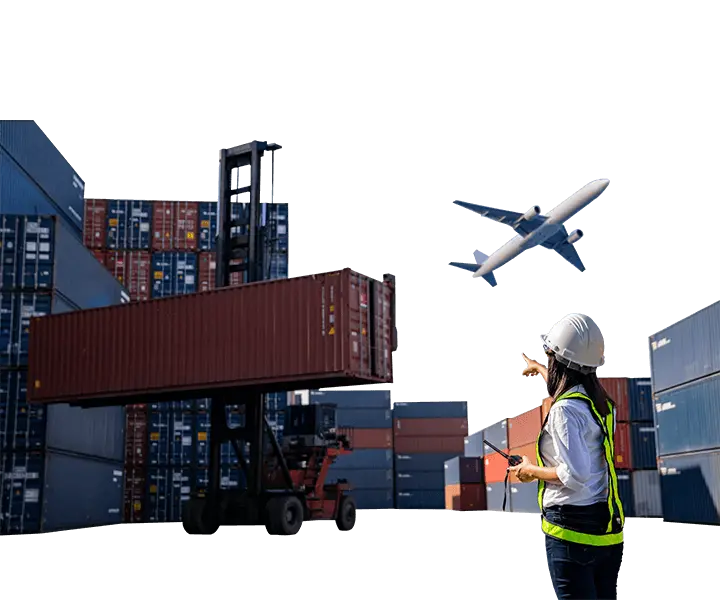
Comparing Shipping Companies: Key Metrics to Evaluate
When assessing potential shipping companies, consider the following key metrics:
| Metric | Importance |
|---|---|
| Shipping Costs | Determines overall budget |
| Transit Times | Impacts delivery schedules |
| Service Options | Availability of services like Door-to-door shipping or Customs Clearance |
| Customer Support | Responsiveness and assistance with queries |
| Tracking Capabilities | Ability to monitor shipments in real time |
The Role of Freight Forwarders in Cost Reduction
Partnering with a freight forwarder, like Dantful International Logistics, can significantly streamline your logistics process and reduce shipping costs. Freight forwarders:
- Leverage their established networks to negotiate better rates with carriers.
- Provide consolidated shipping options to minimize costs.
- Manage all aspects of shipping and logistics, including customs and insurance, allowing you to focus on your business.
Customer Reviews and Reputation: What to Look For
Customer feedback can provide valuable insights into a shipping company’s reliability and service quality. Consider the following aspects when evaluating customer reviews:
- Response Times: How promptly did the company address customer concerns?
- Delivery Performance: Are there consistent reports of on-time deliveries?
- Handling of Issues: How effectively does the company resolve shipping problems or complications?
Researching customer experiences can help you gauge a shipping company’s reputation in the industry.
Customs Regulations and Import Duties
Understanding customs regulations and the associated import duties is essential for a smooth import process. Malaysia has specific procedures and requirements that importers must adhere to.
Understanding Customs Procedures in Malaysia
When goods arrive in Malaysia, they must go through customs clearance. Ensuring that all documentation is correct is vital for a smooth process. Key documents typically required include:
- Bill of Lading
- Commercial Invoice
- Packing List
- Import Permits (if applicable)
Failure to provide accurate documents can lead to delays and additional charges.
Common Import Duties and Taxes
Import duties and taxes can significantly affect the overall cost of importing goods. Common charges include:
- Customs Duty: Varies based on the type of goods and their declared value.
- Sales Tax (SST): Applied to most imported goods, calculated based on the value of the goods plus customs duty.
- Excise Duty: Applicable to specific categories of goods, like alcohol and tobacco.
Understanding the specific duties applicable to your products can help in budgeting.
Tips for Reducing Customs Charges
To mitigate customs charges, consider the following strategies:
- Classify Goods Correctly: Ensure that your goods are classified accurately to avoid unnecessary duties.
- Use Free Trade Agreements: Leveraging any applicable free trade agreements can reduce or eliminate certain duties.
- Engage a Freight Forwarder: A knowledgeable freight forwarder can navigate customs regulations effectively, reducing the risk of errors and penalties.
You may be interested in the following related articles:
- The Ultimate Guide to Sea Freight from China to Finland
- How to Save Money with a Freight Forwarder from China to Netherlands
- Container Shipping Costs from China to Ireland: What You Need to Know
- How to Find the Cheapest Shipping Company from China to Poland
- How to Choose the Cheapest Shipping Company from China to Netherlands
- The Ultimate Guide to Choosing a Hazmat Freight Forwarder from China to Netherlands
Tips for Reducing Shipping Costs
Reducing shipping costs is a priority for many importers. Implementing strategic measures can lead to significant savings.
Strategies for Cost-Effective Shipping
To achieve cost-effective shipping, consider these strategies:
- Consolidate Shipments: Combining multiple smaller shipments into one larger shipment can reduce freight costs.
- Choose Cost-Effective Shipping Methods: Evaluate the need for speed versus cost; opt for sea freight when feasible.
- Negotiate Rates: Don’t hesitate to negotiate with carriers and freight forwarders for better rates based on volume or frequency of shipments.
Using Freight Forwarders and Logistics Services
Utilizing freight forwarders and comprehensive logistics services can streamline your shipping process and cut costs. Besides negotiating lower shipping rates, they can provide additional benefits, including:
- Expertise in Customs Clearance: Reducing delays and potential fines.
- Warehousing Solutions: Offering strategic storage options close to shipping routes.
- Insurance Services: Providing an additional layer of security for your goods during transit.
Engaging with a reputable freight forwarder like Dantful can facilitate a more efficient shipping process, allowing you to focus on growing your business while ensuring the secure and timely arrival of your goods from China to Malaysia.
FAQs
- What are the main shipping methods available for importing goods from China to Malaysia?
- The primary shipping methods are air freight and sea freight. Air freight is faster but more expensive, while sea freight is cost-effective for larger shipments but has longer transit times.
- How long does it typically take for shipments to arrive in Malaysia via air freight?
- Average transit times for air freight range from 3 to 7 days, depending on the shipping route and the specific airports involved.
- What is the average transit time for sea freight shipments from China to Malaysia?
- For sea freight, transit times usually range from 10 to 30 days, depending on whether the shipping is direct or involves transshipment ports.
- What factors influence the shipping costs from China to Malaysia?
- Key factors include distance, the chosen shipping method (air vs. sea), weight and volume of the cargo, insurance costs, customs clearance fees, and seasonality (such as peak shipping times).
- How much does air freight from China to Malaysia generally cost?
- Air freight costs vary based on shipment weight, ranging from $5.00 to $10.00 per kg for smaller shipments, with rates decreasing for larger weights.
- What are the average costs for sea freight from China to Malaysia?
- Sea freight costs are generally based on container sizes, with a 20-foot container costing between $1,500 and $3,000 and a 40-foot container costing between $2,500 and $4,500.
- Are there hidden fees associated with shipping?
- Yes, potential hidden fees may include port fees, handling fees, documentation fees, customs duties, and costs for warehouse services.
- What documents are needed for customs clearance in Malaysia?
- Required documents typically include a Bill of Lading, Commercial Invoice, Packing List, and any Import Permits if applicable.
- How can I reduce shipping costs when importing goods?
- Strategies to reduce costs include consolidating shipments, selecting the most cost-effective shipping methods, negotiating rates with carriers, and engaging a freight forwarder like Dantful International Logistics.
- What advantages does using a freight forwarder offer?
- A freight forwarder can negotiate better shipping rates, manage customs clearance efficiently, offer warehousing solutions, and provide Insurance Services for your goods.

Young Chiu is a seasoned logistics expert with over 15 years of experience in international freight forwarding and supply chain management. As CEO of Dantful International Logistics, Young is dedicated to providing valuable insights and practical advice to businesses navigating the complexities of global shipping.





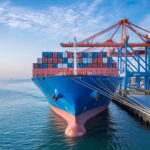



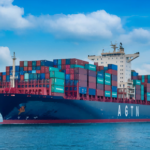

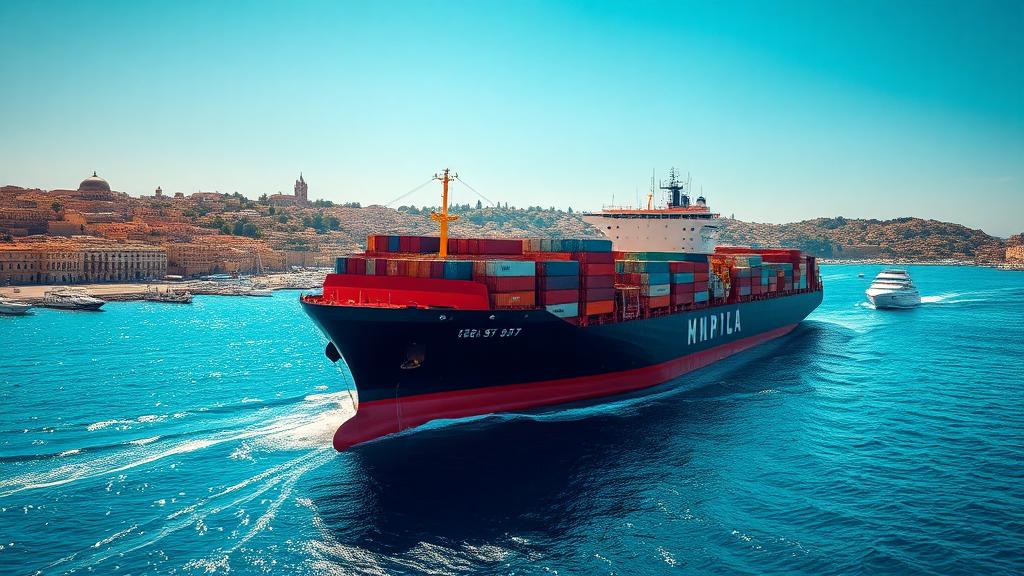
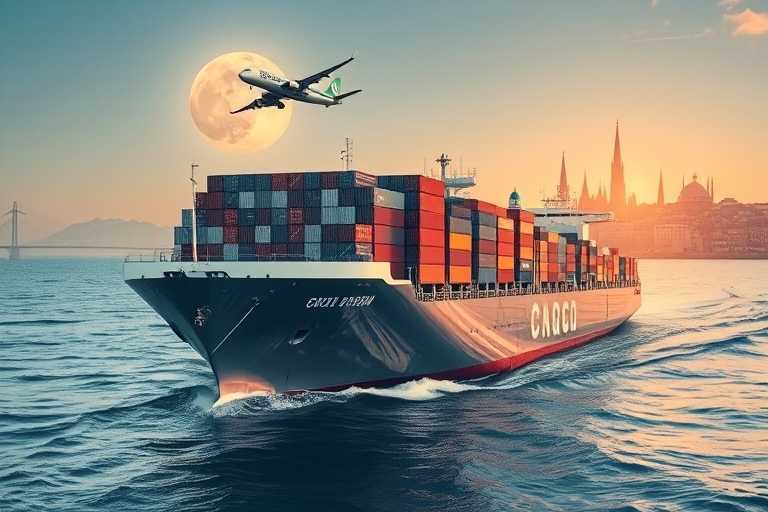
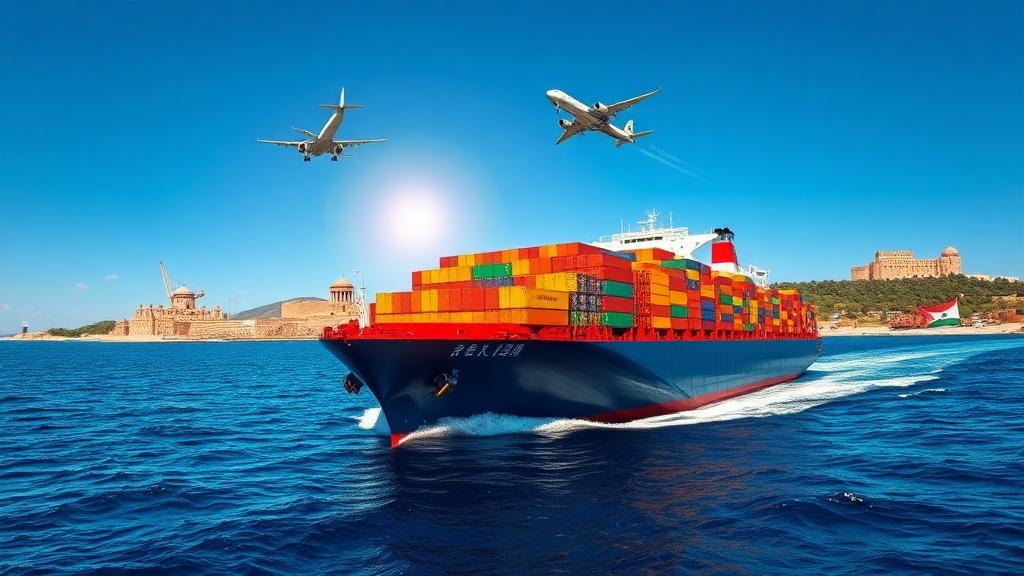
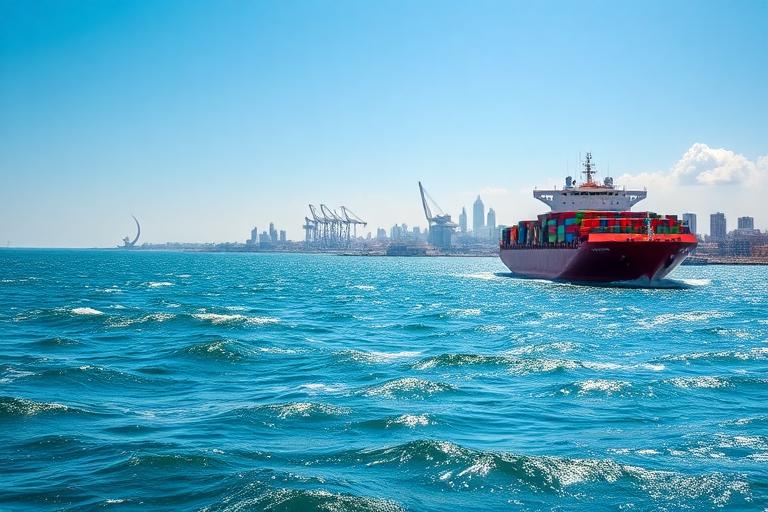
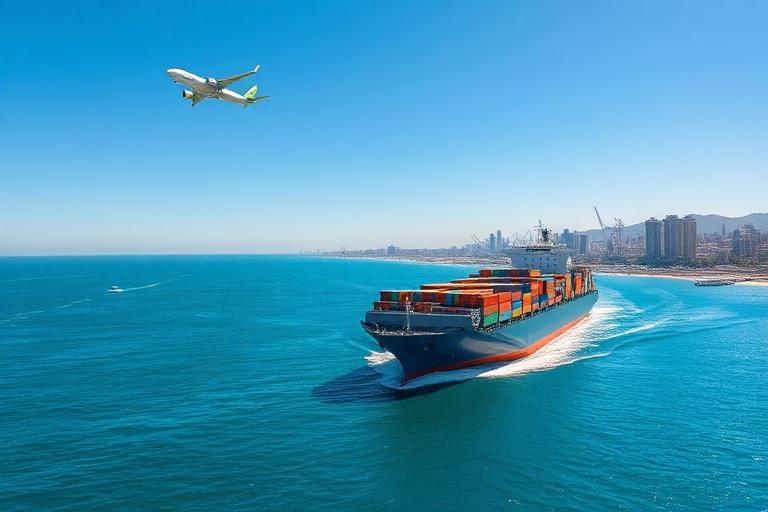





 Afrikaans
Afrikaans Shqip
Shqip አማርኛ
አማርኛ العربية
العربية Հայերեն
Հայերեն Azərbaycan dili
Azərbaycan dili Euskara
Euskara Беларуская мова
Беларуская мова বাংলা
বাংলা Bosanski
Bosanski Български
Български Català
Català Cebuano
Cebuano Chichewa
Chichewa 简体中文
简体中文 繁體中文
繁體中文 Corsu
Corsu Hrvatski
Hrvatski Čeština
Čeština Dansk
Dansk Nederlands
Nederlands English
English Esperanto
Esperanto Eesti
Eesti Filipino
Filipino Suomi
Suomi Français
Français Galego
Galego ქართული
ქართული Deutsch
Deutsch Ελληνικά
Ελληνικά Kreyol ayisyen
Kreyol ayisyen Harshen Hausa
Harshen Hausa Ōlelo Hawaiʻi
Ōlelo Hawaiʻi עִבְרִית
עִבְרִית हिन्दी
हिन्दी Hmong
Hmong Magyar
Magyar Íslenska
Íslenska Igbo
Igbo Bahasa Indonesia
Bahasa Indonesia Gaeilge
Gaeilge Italiano
Italiano 日本語
日本語 Basa Jawa
Basa Jawa ಕನ್ನಡ
ಕನ್ನಡ Қазақ тілі
Қазақ тілі ភាសាខ្មែរ
ភាសាខ្មែរ 한국어
한국어 كوردی
كوردی Кыргызча
Кыргызча ພາສາລາວ
ພາສາລາວ Latin
Latin Latviešu valoda
Latviešu valoda Lietuvių kalba
Lietuvių kalba Lëtzebuergesch
Lëtzebuergesch Македонски јазик
Македонски јазик Malagasy
Malagasy Bahasa Melayu
Bahasa Melayu മലയാളം
മലയാളം Maltese
Maltese Te Reo Māori
Te Reo Māori मराठी
मराठी Монгол
Монгол ဗမာစာ
ဗမာစာ नेपाली
नेपाली Norsk bokmål
Norsk bokmål پښتو
پښتو فارسی
فارسی Polski
Polski Português
Português ਪੰਜਾਬੀ
ਪੰਜਾਬੀ Română
Română Русский
Русский Samoan
Samoan Gàidhlig
Gàidhlig Српски језик
Српски језик Sesotho
Sesotho Shona
Shona سنڌي
سنڌي සිංහල
සිංහල Slovenčina
Slovenčina Slovenščina
Slovenščina Afsoomaali
Afsoomaali Español
Español Basa Sunda
Basa Sunda Kiswahili
Kiswahili Svenska
Svenska Тоҷикӣ
Тоҷикӣ தமிழ்
தமிழ் తెలుగు
తెలుగు ไทย
ไทย Türkçe
Türkçe Українська
Українська اردو
اردو O‘zbekcha
O‘zbekcha Tiếng Việt
Tiếng Việt Cymraeg
Cymraeg יידיש
יידיש Yorùbá
Yorùbá Zulu
Zulu